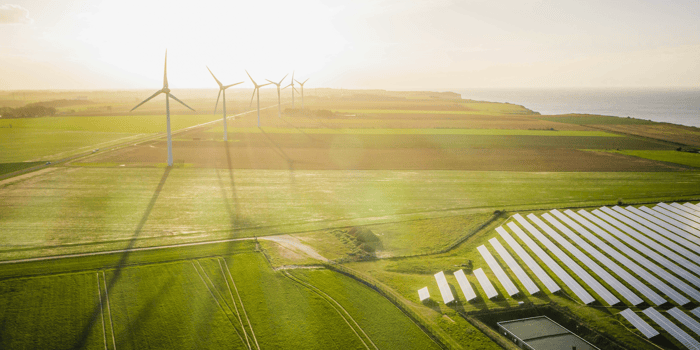A big failure on fossil fuels, but progress on adaptation, just transition, and forests


Photo credit: Benoit Deschasaux / Unsplash+
David Carlin: "Belém saw progress on climate finance, adaptation, and the just transition. It also exposed the widening gap between what the climate crisis demands and what governments are prepared to agree. But above all, it revealed a stark reality, after 30 COPs, the world still cannot agree on a collective plan to phase out the fossil fuels that are driving the crisis."
Nearly 60,000 delegates travelled to the heart of the Amazon. They came hoping that this COP would pivot from negotiation design to real-world implementation. COP30 in Belém was billed as the “COP of Truth”. It took place during a year marked by record heat, widespread climate disasters, and a growing sense of global instability. With the United States withdrawing again from the Paris Agreement and geopolitical tensions rising, expectations for the summit were layered with uncertainty.
Continue reading about the following topics on David Carlin's page:
- The Fossil Fuel Roadmap That Wasn’t
- Climate Finance: Progress, Commitments and Continuing Gaps
- Adaptation: A Step Forward, But Short of What Vulnerable Nations Need
- Just Transition: An Important Institutional Advance
- Trade, Cooperation and a Shifting Geopolitical Landscape
- Forests and Nature: Promising Signals and Persistent Gaps
- Brazil’s Ambitions and the Reality of Consensus Politics
Is the COP System Still Fit for Purpose?
David Carlin: "The most difficult question raised in Belém was about the COP process itself. That process was designed to produce incremental progress through consensus. Our moment of climate crisis requires urgent, coordinated action. Unfortunately, the current COP model is not aligned with that reality. Several countries called for discussions on reforming COPs, including changes to voting rules, streamlined negotiation tracks, and greater reliance on coalitions of willing actors. These conversations were promising, but no major reforms were agreed. The need for change is clear, and Belém made that hard to ignore."
Looking Ahead to COP31
COP31 will be hosted by Türkiye, with Australia taking an unusual role in running the talks. This dual structure will add complexity, but might offer chances for new breakthroughs.
The coming year will be defined by three processes. First, countries will submit strengthened national climate plans. Second, Brazil will lead voluntary work on fossil transition and deforestation roadmaps. Third, negotiations will continue on finance, trade and adaptation.
The stakes for 2026 could not be higher. The credibility of the COP system, the global trajectory of emissions, and the future of the Paris Agreement will depend on what countries choose to do over the next twelve months.
David Carlin's Summary: "In sum, COP30 saw progress in places, but climate change demanded more".
COP30 made progress on climate finance, adaptation, just transition, and forest protection. These achievements matter. They also fall short of what science tells us is required.
Without meaningful commitments to phase out fossil fuels, the world remains on a path to deeper climate instability. As the world looks to COP31, the task ahead is clear. Countries must turn promises into implementation and voluntary roadmaps into real change. The window for keeping 1.5 degrees within reach is rapidly closing, and the need for decisive action has never been more urgent.
Published by
 investESG
investESG
 investESG
investESG

